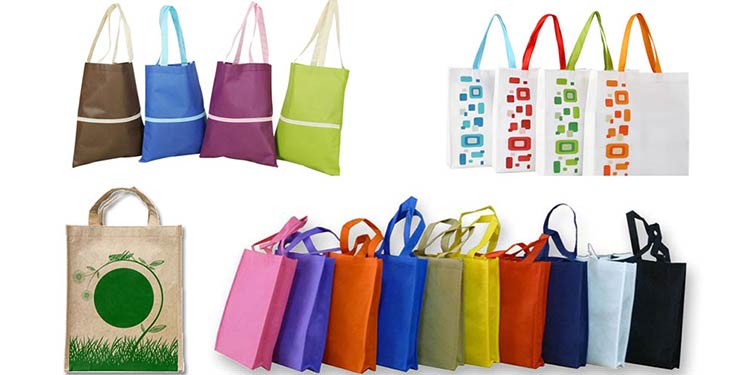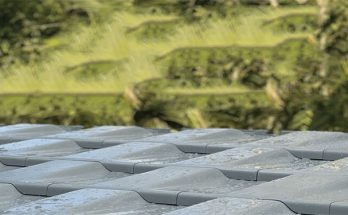 The Kenya Bureau of Standards (KEBS) will standardize re-usable alternatives to single-use plastic polythene carrier bags as it announces a new standard to guide the manufacturing of non-woven bags in the country.
The Kenya Bureau of Standards (KEBS) will standardize re-usable alternatives to single-use plastic polythene carrier bags as it announces a new standard to guide the manufacturing of non-woven bags in the country.
KEBS Managing Director, Lt.Col. (Rtd) Bernard Njiraini said that the KNWA 2884:2019 Standard provides are prieve for non-woven plastic bags manufacturers by providing guidelines on producing polypropylene bags.
“Non-woven polypropylene bags were identified among the alternatives due to their re-usability and durability as opposed to the single-use plastic polythene carrier bags. It’s expected that the re-useable polypropylene bags will help to curb littering by plastics.” says Njiraini.
The polypropylene bags shall now have a minimum grammage of 50 gsm and shall also be legibly and indelibly marked with information that includes manufacturer’s name, address and/or registered trade, dimensions of the bag, the declaration of country of manufacture and origin, standardization mark and instruction for storage and disposal.
The Standard for non-woven polypropylene bags (KNWA 2884:2019) was approved for publication by the National Standards Council (NSC) in July 2019 alongside another 252 Kenya Standards and 56 Harmonized East African Standards that will bolster efforts to ensure sustainable environmental conservation and a safer, healthy population.
KS 2857:2019 Kenya Standard Code of Practice for Cotton Industry that specifies requirements and recommendations based on best practices for site selection, land preparation, production, harvesting, post harvest management, ginning, lint classing, spinning, seed milling, fabric and finished products manufacture, transportation and marketing of cotton.
KS 2873:2019 Kenya Standards Specification for Hermetic Storage Bags and KS 2874:2019 Kenya Standard Specification for portable rigid plastic hermetic grain silo on airtight storage technologies for dried food commodities, their derived products and seeds without the need to use pesticides.



